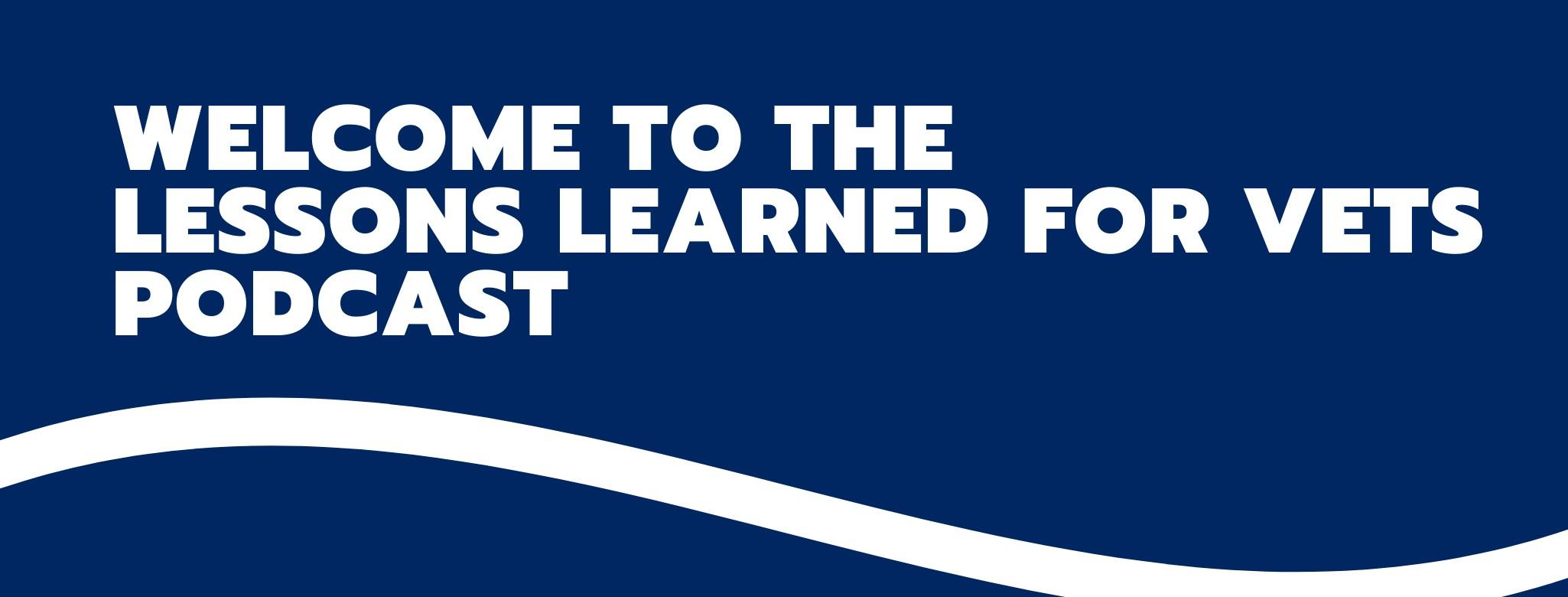
Season 2 Episode 85: Learning from Military Transition Data with Brian Niswander
After spending 27 years in the USAF on active duty and in the reserves as an intel officer, Brian Niswander continues using his background in data and analytics as the founder of Military-Transition.org, an organization that uses data analytics and visualizations to assist
military members with their transition into the civilian workforce.
For 21 years, Brian worked in both the public and private sector in market research and supply chain management within the consumer goods industry, along with management, strategic planning and marketing. During this time, he noticed trends among transitioning service members. With a passion for ground truth and a quest to dispel rumors and myths, he created Military-Transition.org. as a resource for the transitioning service member and military spouse.
Brian discusses the 5 key takeaways from 2 decades of working with transitioning service members, veterans and spouses.
- Transitioning will be difficult and challenging because you are transitioning into the unknown. There are ways to reduce the confusion and uncertainty before, during and after the transition process.
- Education and awareness are critical. Vets tend to make the same mistakes as those who have gone before them. Using data, we can study the past to avoid those mistakes. We can learn how to replicate success.
- Transition is personal. Although there are many one-size-fits-all solutions offered across various resources, individual plans tend to be most effective. You need to take personal responsibility for your transition.
- You should utilize the full range of options and services available to you such as TAP and VSOs.
- Your past does not define your future both in terms of rank and position. Don’t feel constrained by your job in the military. Start early to get the education you need to be successful in a new role in the civilian workplace. Do not feel entitled in the civilian sector based on your rank in the military.
Data from Military-Transition.org shows 5 actions that veterans say are important for transition success.
- Start early.
- Have a transition plan. The process starts with self-reflection. Ask yourself, “What do I want to do? Where does my family want to live?”
- Build your network through LinkedIn, informational interviews and organizations like Veterati and ACP.
- Learn how to translate your hard and soft skills both on your resume and during an interview.
- Be patient. Your transition will not happen overnight.
Brian Niswander has published several FREE books that can be found on Military-Transition.org. The transition guidebooks are 20-24 pages in length and are meant to offer digestible information backed by data. A goal of his organization is to be the first point of contact for a transitioning service member.
To close out this session, Brian shares a significant analysis of veterans and his discovery of 3 groups of members that transition. No matter what category you fall into, Military-Transition.org has resources to aid in your transition.
Please head to the Lessons Learned for Vets YouTube channel at https://tinyurl.com/llforvets22 to hear more from Brian about the importance of self-reflection before starting your transition.
You can connect with Brian Niswander on LinkedIn at https://www.linkedin.com/in/bniswander/
You can learn more about Military-Transition.org and access the FREE guidebooks at https://military-transition.org/ebooks.html.
SUBSCRIBE & LEAVE A FIVE-STAR REVIEW and share this to other veterans who might need help as they transition from the military!
Connect with me on LinkedIn and check out our website at www.llforvets.com.
Are You Struggling to Write Your Resume?
I created the Veteran Resume Self-inspection Checklist to lessen the resume writing struggle for veterans. This 11-item checklist will educate you in resume best practices while giving veterans a guide to assess their resume and determine if it's ready to send to employers.
Download Your Checklist Here




